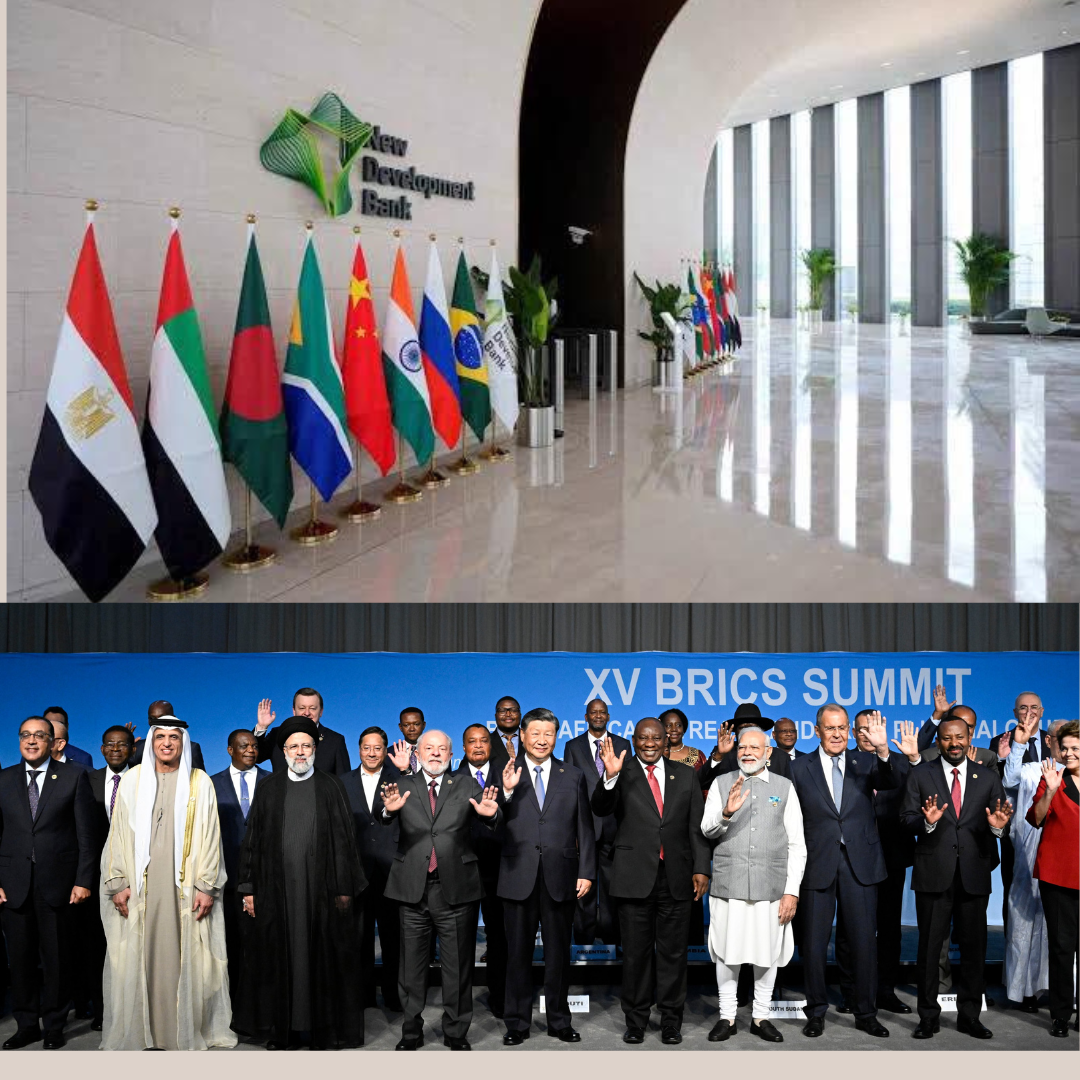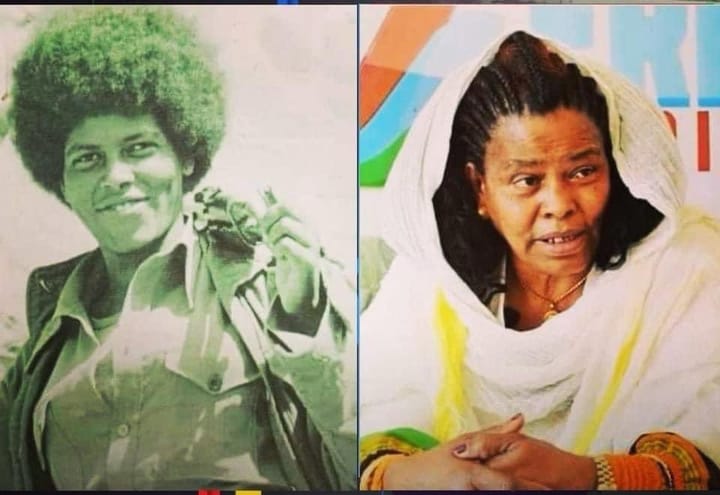Unveiling Global Shifts: From League of Nations to BRICS Summit, How History Shapes Tomorrow
League of Nations to BRICS Summit: History's Influence on Global Shifts. From failed unity to rising BRICS, Africa's pivotal role in shaping a just world

Amanuel Biedemariam
The League of Nations, born after World War I through the Covenant of the League of Nations within the Treaty of Versailles in 1919, aimed to foster international cooperation, prevent conflicts, and offer a platform for dispute resolution. Its first assembly in 1920 marked a collaborative effort among member nations to address disarmament, territorial disputes, and humanitarian issues. Despite its intentions, the League encountered challenges and dissolved in 1946, paving the way for the United Nations' establishment.
The UN: Reimagining Global Unity Responding to the League's shortcomings and the aftermath of World War II, the United Nations (UN) emerged in 1945. Leaders recognized the imperative of a more effective global organization to prevent conflicts, foster cooperation, and safeguard human rights. Negotiations during conferences like the Atlantic Charter, Dumbarton Oaks, Yalta, and San Francisco led to the signing of the UN Charter by 50 nations on October 24, 1945. The UN aimed to ensure peace, facilitate diplomacy, and address global challenges through collaborative efforts.
When the United Nations (UN) was established in 1945 to promote worldwide togetherness, it should have given colonial Africa a proper voice. However, right from the start, the UN failed to adequately represent the viewpoints and perspectives of nations from colonial Africa. Despite being created to encourage cooperation among countries, the UN's foundation ended up sidelining the thoughts and voices of African nations under colonial rule. The dominance of colonial powers during that era overshadowed the dreams and concerns of African countries striving for independence. This historical context emphasizes the complex power dynamics that shaped the UN during its early days and its ongoing efforts to ensure comprehensive representation, including from Africa.
Considering this historical background, the recent BRICS summit held in South Africa has become a pivotal turning point in global affairs. More than just collaborating economically with Brazil, Russia, India, China, and South Africa, the summit signifies a significant change in the global power balance. By choosing South Africa as the host country, the summit highlights Africa's increasing impact, innovation, and potential for economic advancement on the world stage.
A New Dawn for Global Power BRICS, an acronym reflecting an alliance of diverse economies, ushers in a paradigm shift in the global economy. It challenges Western dominance and offers an alternative narrative. BRICS recognizes the need to balance economic power and diversify influence, reshaping the traditional power structures established after World War II. This union of nations symbolizes the changing centers of economic gravity and a departure from the based powerhouses.
The Emergence of BRICS:
A New Economic Era As these economies pool their strengths, the concept of BRICS illuminates a path forward. Beyond a mere economic coalition, it embodies a resolve to contest Western hegemony over global frameworks. In an era where collaboration and multipolarity are sought, BRICS represents an opportunity for countries to assert their influence and contribute to shaping a fairer global order.
“We are at the beginning of a new, just international development architecture.”
Africa's Path to Liberation: From Historical Times to the Present
For Africa, the emergence of BRICS points towards a promising trajectory away from the historical dominance of Western influence. Throughout its past, the continent has been overshadowed by the pervasive impact of Western control. Reflecting on Africa's history, characterized by exploitation, colonialism, and the depletion of its resources, collaboration with BRICS nations presents an opportunity for reciprocal respect, collaboration, and shared progress. Dr. Naledi Pandor's perspective on the success of the BRICS summit can be summarized as the initiation of a novel and equitable global development framework.
As Africa partners with BRICS to redefine the narrative of worldwide collaboration, its goal is to recover from its historical scars and adopt a future marked by empowerment, advancement, and respect. This alliance signifies a pivotal moment in pursuing a more equitable and comprehensive global stage, highlighting the potential for a harmonious and just future encompassing all nations.
Countries worldwide have expressed interest in joining BRICS. South African President Cyril Ramaphosa emphasized that BRICS constitutes an equal coalition of nations with differing viewpoints but a shared aspiration for a better world. He affirmed that, as the five current BRICS members, consensus has been achieved regarding the foundational principles, standards, criteria, and processes for expanding the BRICS. The first phase of this expansion has been agreed upon, and invitations have been extended to the Argentine Republic, the Arab Republic of Egypt, the Federal Democratic Republic of Ethiopia, the Islamic Republic of Iran, the Kingdom of Saudi Arabia, and the United Arab Emirates to attain full BRICS membership starting from January 1, 2024.
Conclusion: In a poignant conclusion, the very location of the BRICS summit in South Africa echoes the seismic shifts in the global landscape. This summit in Africa heralds a remarkable transformation, marking a change from the traditional European and Western cities to Africa's new role as a nexus of global fortunes. This historic event, unfolding on African soil, signifies a pivotal moment in history where Africa claims its rightful place as a driver of change on the world stage. For the first time, a global gathering with the power to reshape the course of history is unfolding in Africa, showcasing the continent's potential, resilience, and undeniable influence in shaping the world's future.
Support African Businesses and tourism. Visit South Africa. Click here for more.
If you find the content here helpful and want more, Subscribe and Donate to Nefasitpost.com. To follow all my work, https://beacons.ai/amanbiede
Contact: Aman@nefasit.com




Comments ()